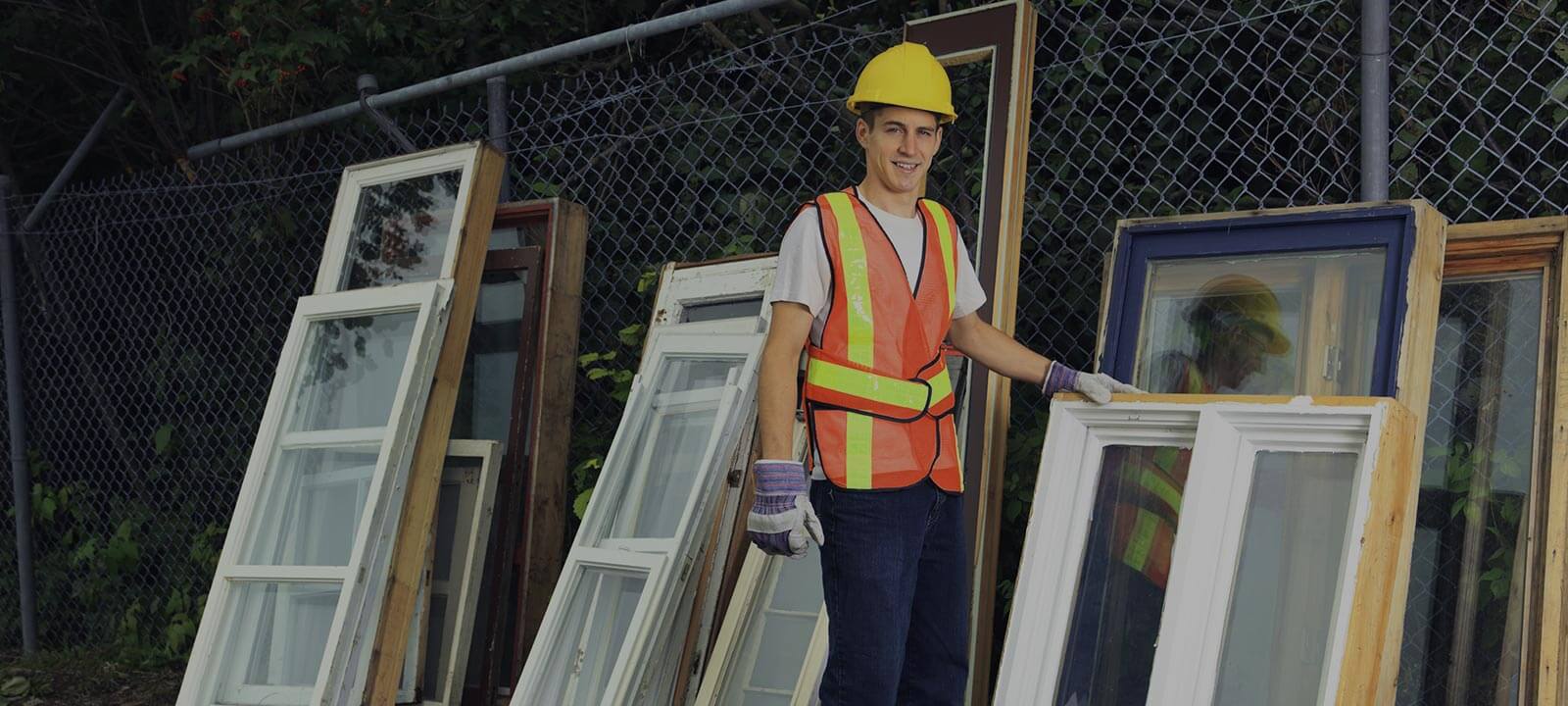The Growing Problem of E-Waste
In today's technology-driven world, electronic devices have become an essential part of our daily lives. From smartphones and laptops to televisions and refrigerators, we rely on these gadgets for communication, work, and entertainment. However, with the constant upgrade and replacement culture, we are also generating a huge amount of electronic waste or e-waste.
E-waste is any discarded electronic or electrical equipment. It includes old or broken devices like cell phones, computers, printers, and their components such as batteries, wires, and circuit boards. According to the United Nations Global E-waste Monitor 2020 report, the world produced a record 53.6 million tonnes of e-waste in 2019. This number is expected to reach 74 million tonnes by 2030 if no actions are taken.
[IMG1]
The Need for Proper E-Waste Management
E-waste contains hazardous materials like lead, mercury, cadmium, and brominated flame retardants that can cause serious environmental damage if not disposed of correctly. When e-waste ends up in landfills or incinerators, these toxic substances can leach into the soil and water, polluting the environment and endangering human health.
Moreover, e-waste also contains valuable minerals like gold, silver, platinum, and copper that can be recovered and reused. By not recycling e-waste properly, we are also wasting precious resources that can be used in the production of new devices.
Government's Action Plan on E-Waste Recycling
Recognizing the urgency to address the growing e-waste problem, many governments around the world have implemented action plans to promote responsible e-waste management. One such notable initiative is India's National Policy on Electronics (NPE) that aims to create a sustainable electronic manufacturing ecosystem while managing e-waste effectively.
Under the NPE, the Indian government has introduced several regulations and schemes to promote e-waste recycling. These include Extended Producer Responsibility (EPR) where electronic producers are responsible for collecting, transporting, and recycling their e-waste, and setting up e-waste management rules for proper collection, disposal, and handling of e-waste. The government is also providing incentives for companies investing in e-waste recycling facilities.
Industry's Approval of the Action Plan
The government's action plan on e-waste recycling has received a positive response from the industry. Companies are now more aware of their responsibility towards managing e-waste and are actively participating in EPR programs. India's first formal e-waste recycling plant was set up by Dell in 2017 under this initiative.
Moreover, with the introduction of EPR, there has been a significant increase in the collection and disposal of e-waste across the country. In 2019-20 alone, India collected over 10 lakh tonnes of e-waste through authorized recyclers, a 44% increase from the previous year.
The Pros and Cons of the Action Plan
As with any policy or initiative, there are both pros and cons to the government's action plan on e-waste recycling.
Pros:
- Proper management of e-waste leading to reduced environmental impact
- Recovery of valuable resources from e-waste
- Creation of new job opportunities in the recycling sector
- Encourages responsible behavior among electronic producers and consumers
Cons:
- High cost involved in setting up e-waste recycling plants
- Lack of awareness among consumers regarding proper disposal methods
- Illegal dumping still prevalent in some areas
Tips for Responsible E-Waste Management
While the government is taking necessary actions to tackle the growing e-waste crisis, we as individuals also have a role to play. Below are some tips for responsible e-waste management:
- Educate yourself about the proper disposal methods for e-waste in your area.
- Instead of discarding old devices, consider repairing or donating them if they are still functional.
- Make use of authorized recyclers to dispose of e-waste.
- Remove all personal information from electronic devices before disposing of them.
- Choose energy-efficient and durable electronic products that have a longer lifespan.
[IMG2]
Key Takeaways
With the increasing dependence on electronic devices, the issue of e-waste is not going away anytime soon. However, with proper management and responsible behavior, we can minimize its impact on the environment and human health. The government's action plan on e-waste recycling has received industry approval and is a step towards creating a sustainable future.
Conclusion
The government's initiative to tackle the e-waste problem is commendable, but it requires cooperation from all stakeholders, including producers, consumers, and recyclers. By working together, we can ensure that our electronic gadgets do not end up polluting our planet but are instead recycled responsibly for a cleaner and greener world. Let's pledge to be responsible citizens and contribute towards a more sustainable future.
Our family
-

Handy gardeners
-

Handy rubbish
-

Handy moves
CALL US NOW 020 3795 6991
REQUEST A QUOTE TODAY REQUEST SERVICE
Company name: Waste Removal
Telephone: 020 3795 6991
Opening Hours: Monday to Sunday, 07:00-00:00
Web: https://wasteremoval.org.uk/
Description: Try our superior waste removal services in London and become one of our satisfied clients. Reserve your appointment on 020 3795 6991 and get a free estimate!
Telephone: 020 3795 6991
Opening Hours: Monday to Sunday, 07:00-00:00
Street address: 23 Berkeley Square
Postal code: W1J 6EJ
City: London
Country: United Kingdom
Postal code: W1J 6EJ
City: London
Country: United Kingdom
Latitude: 51.5106230 Longitude: -0.1459940
E-mail: [email protected]Web: https://wasteremoval.org.uk/
Description: Try our superior waste removal services in London and become one of our satisfied clients. Reserve your appointment on 020 3795 6991 and get a free estimate!


